Could alcohol-producing bacteria cause liver disease?
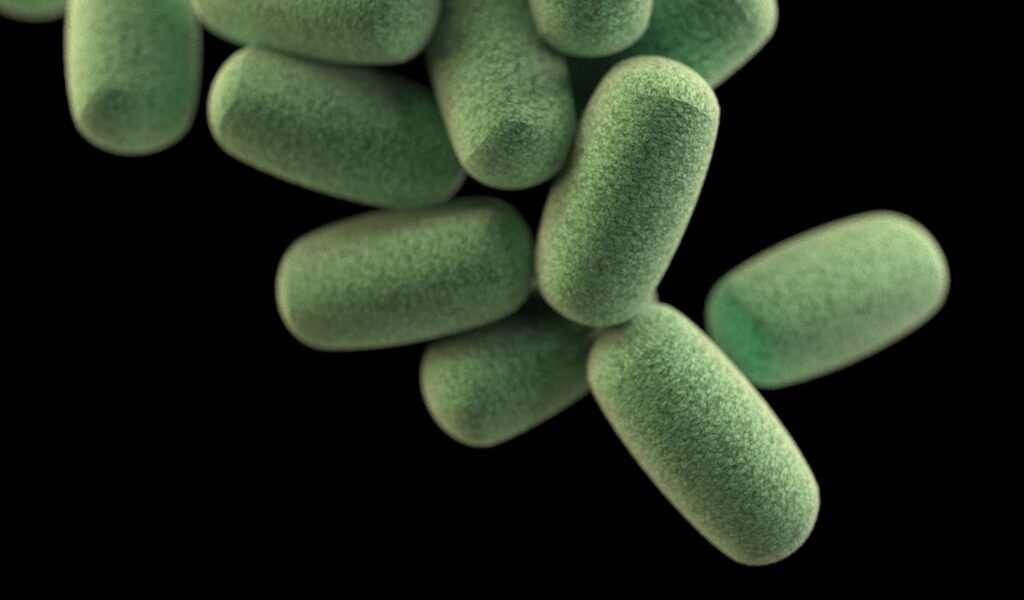
Friendly gut bacteria that make their own alcohol may seem like the life of the party, but they could be dangerous friends to have. These ethanol-producing microbes can cause nonalcoholic fatty liver disease, researchers report.
Fatty liver disease occurs when too much fat is stored in the liver and can lead to severe inflammation, liver damage, and cancer. The disease, which affects about a quarter of people in many countries, is associated with obesity, type 2 diabetes and high cholesterol. Excessive alcohol consumption can lead to fatty liver disease, but it has been less clear why people who do not drink or who drink moderately develop the disease.
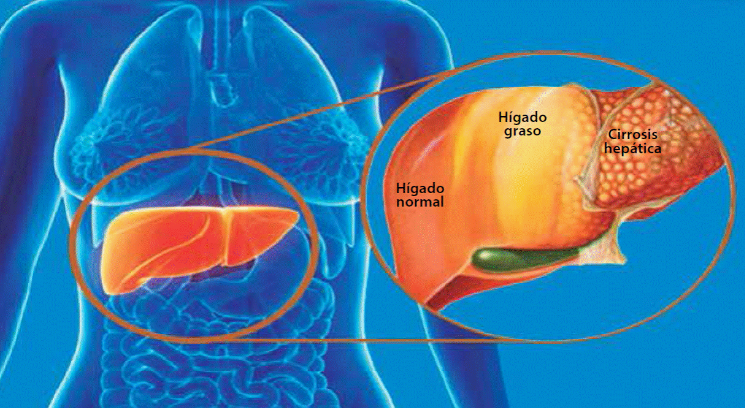
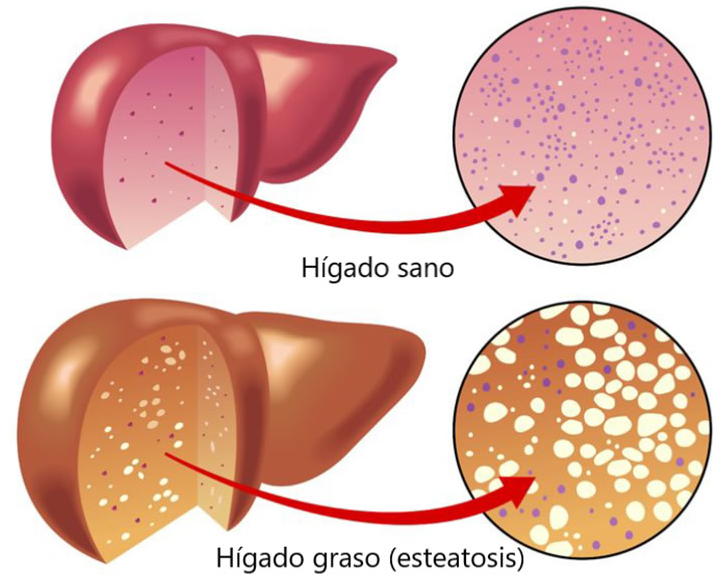
Previous studies have implicated gut microbes in the disease, scientists examined bacteria in the stool of 48 healthy people and 43 people with nonalcoholic fatty liver disease, including 32 who had a severe form of the disease, called nonalcoholic steatohepatitis, or NASH.
Both groups had similar levels of gut bacteria called Klebsiella pneumoniae in their stool, but in 61 percent of people with nonalcoholic fatty liver disease, the bacteria produced high and medium levels of alcohol. Only 6.25 percent of healthy people carried the medium to high alcohol-producing bacteria.
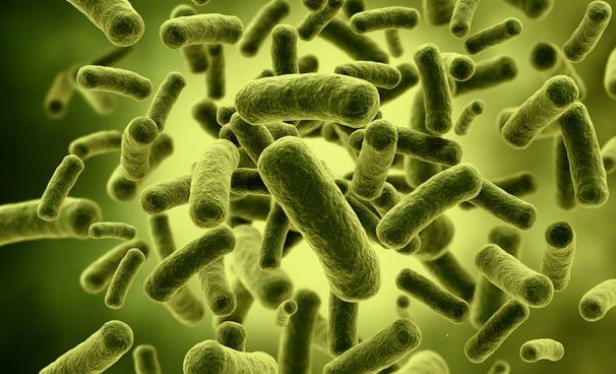
When the researchers transplanted gut bacteria, including the alcohol-producing K. pneumoniae, from a person with NASH into mice, the rodents also developed fatty liver and inflammation, but selectively killing the alcohol-producing bacteria before transplantation did not cause liver problems. These findings suggest that bacterial brewers may be contributing to liver disease in some people.
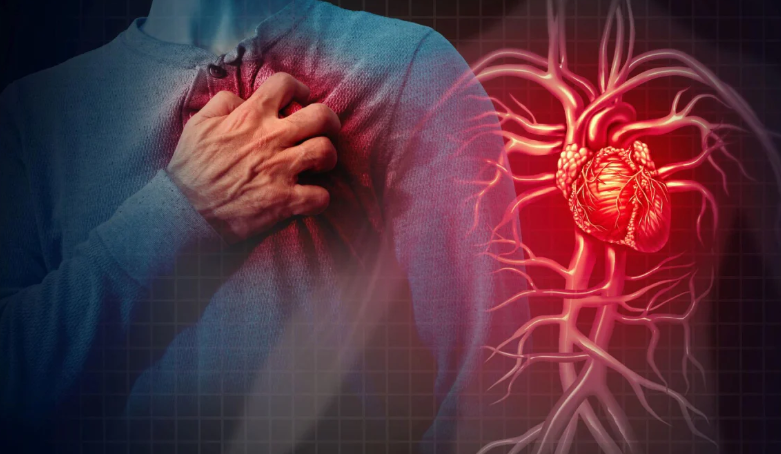
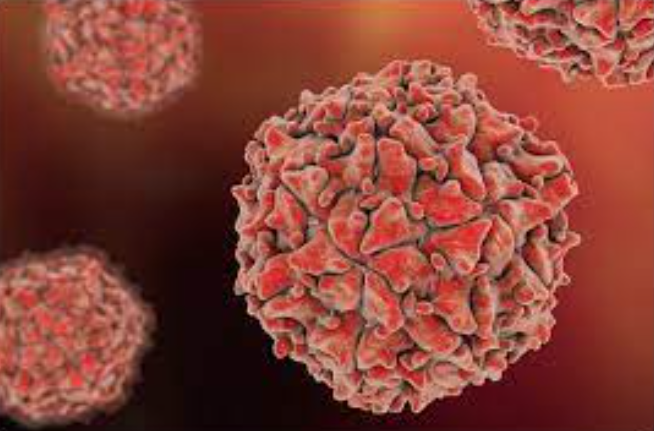

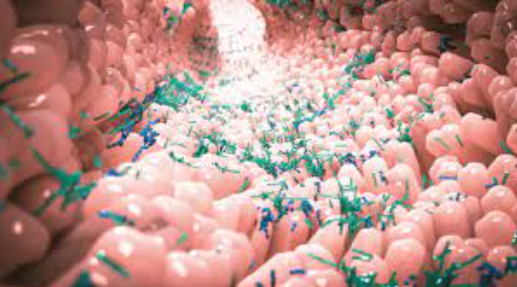
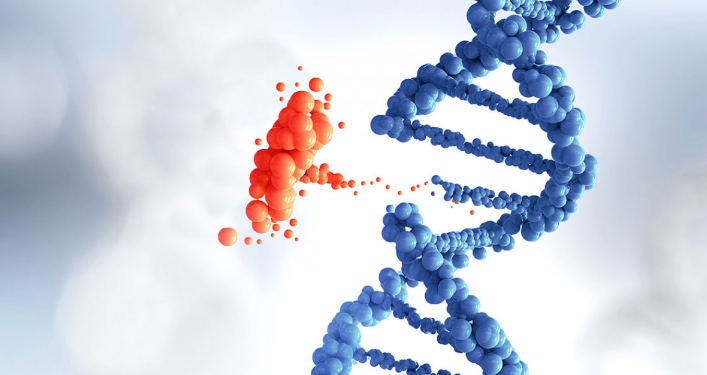
Responses